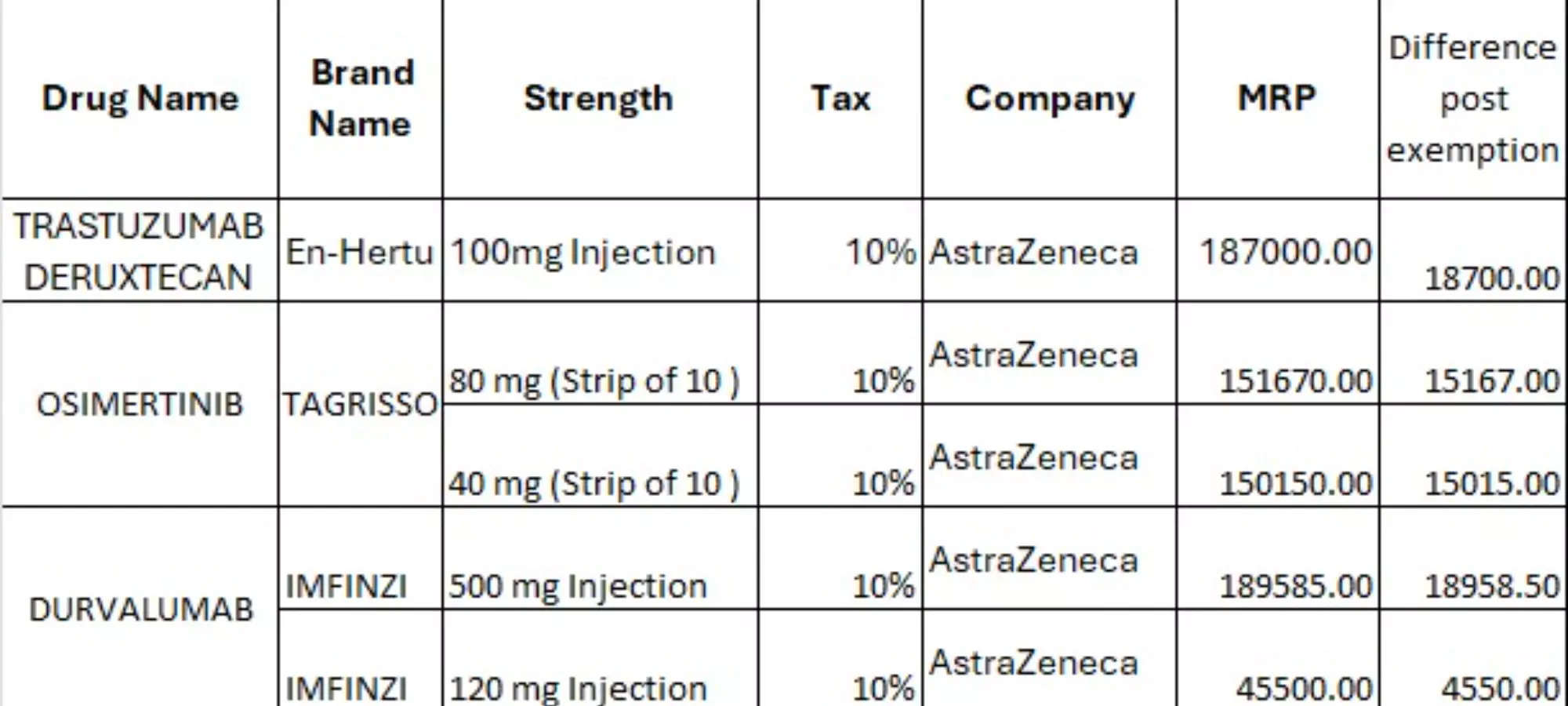
By Prathiba Raju and Abhijeet Singh
New Delhi: The big pitch announcement of exempting customs duty on three cancer care drugs by the Finance Minister in the Union Budget 2024-25 seems to have not resonated well among the country’s healthcare expert. Citing their current prices, one of the industry stalwart Dr B S Ajai Kumar has described the attempt as ineffective in addressing the problem.
Dr B S Ajai Kumar, Executive Chairman, HealthCare Global Enterprises Ltd, said that, “These drugs are exorbitantly priced and it won’t make much of a difference for the patient, especially those from low income groups. Whereas the net effect of the proposed changes in the basic customs duty for X-ray tubes and flat panel detectors for use in medical X-ray machines calls for a granular study, but the effort is nevertheless laudable.”
While presenting the Union Budget for the Fiscal Year 2024-25 the Finance Minister Nirmala Sitharamn announced that, “The customs duty on three cancer drugs Cancer Drugs, Trastuzumab Deruxtecan, Osimertinib and Durvalumab will be exempted while the BCD (Basic Customs Duty) of X-Ray tubes and flat panel detectors used in X-ray machines under the phased manufacturing programme will be reduced for synchronising them with domestic capacity addition.”

Elucidating the changes Dr Kumar said “The first drug Trastuzumab Deruxtecan 100 mg injection is about INR 1,87,000, Osimertinib 40 mg cost around INR 1,51,000 and lastly Durvalumab 500 MG cost about INR 1,89,000 on all three aforementioned drugs now there will be a tax exemption of 10 per cent of their cost.”
Adding further the expert highlighted that, “One of them is a new drug and all drugs are of AstraZeneca, don’t know why they have chosen it there are number of other drugs and these are very expensive drugs and a 10 per cent reduction doesn’t makes much difference because people who can afford 1,80,000 probably can afford 10 per cent more although they are stepping in the right direction but it is very selective.”
Dr B S Ajai Kumar has also voiced his dissatisfaction over the marginal increase in budgetary increase to the health sector and continuation of the earlier tax structure including the GST rates.
Adding to it Dr Kumar said, “The marginally higher allocation to healthcare again has woefully fallen short of addressing its pressing needs and priorities, and it pales into insignificance before the substantial allocations to defence and other priority sectors. There is no rationalisation of tax structure around life-saving drugs and emergency treatments and the key area of GST remained unaddressed.”
“There is no stimulus to economic growth. Countries like Singapore have reaped rich dividends from their favorable policies for citizens and entrepreneurs including tax breaks, low corporate tax, and no burden of capital gains tax. Why can’t India not follow suit?,” he concluded.







